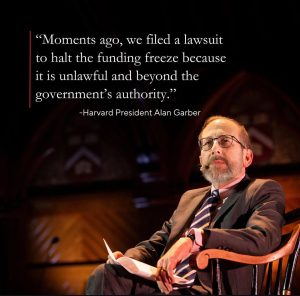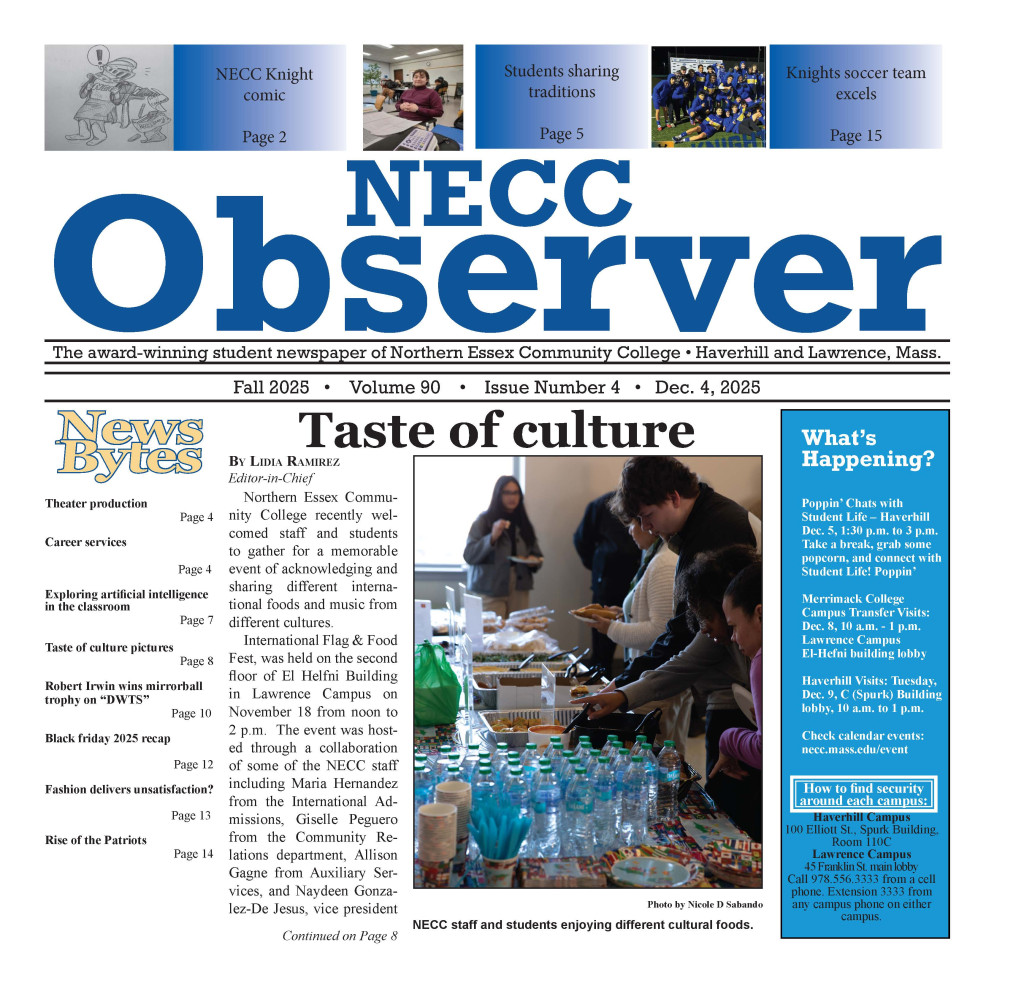
Many are concerned about the current state of free speech in the United States. There have been demands made of private institutions and criticisms of those who are speaking of their own volition. There are even concerns about the freedom of the press being under fire, and the current presidential administration is going to come down hard on those who are willing to speak their minds.
On April 21, Harvard University started the process of suing the Trump administration. The school claimed that the administration was infringing on their Constitutional rights to freedom of speech. Trump’s demands of the school and insistence that his policies be complied with, and the school’s resistance, caused the administration to withhold federal funding as a form of retaliation. This is a violation of the Constitution; it states that the government shall not “interfere with private actors’ speech to advance its own vision of ideological balance.”
This event has even caused supporters of Trump and his administration to feel concerned. A prominent, vocal supporter of Trump’s usual policies, Candace Owens, said recently on her podcast, “The Trump administration is fighting against free speech in America; that is very sad for me to say and report as someone who has been a supporter of Donald Trump. We cannot allow our rights to be infringed upon, and if you think it’s going to stop with college campuses, you’re out of your mind.”
This is alarming. If people who voted for Trump and vehemently agreed with his prior policies, who used their own platforms to support him, start admitting something is amiss, there should be a reason to worry.
Harvard’s lawsuit against the Trump administration has sparked outrage in many colleges that fear for their futures from around the country. Most colleges would be less stable if the government froze the amount of funding and grants that they did with Harvard (2.2 billion dollars), and they would have nowhere near as large an endowment. Despite this fact and the fear of retaliation, more than 180 college and university presidents and officials have signed off in agreement with the letter Harvard published, denouncing the administration’s demands and infringement of rights to the freedom of speech.
As previously mentioned by Candace Owens, this restriction is not going to stop at colleges, there has already been an extension into the press world. The Associated Press was barred from the White House’s press room because of its refusal to comply with Trump’s demand to refer to the Gulf of Mexico as “The Gulf of America.” The association was just using its freedom of speech, and was met with retaliation and punishment for not giving in and doing as the president and his administration asked.
Colleges and universities are meant to be a time of learning and a time for young people to form and express their own opinions. There is a precedence for these things, and students will feel threatened when their large institutions are being bribed into silence. People will also come to trust the news and news organizations less when they are not getting the same information as other sources because they are barred from being in the White House, because they, too, do not want to comply with demands from the government.
Institutions and organizations that do not have direct ties to the government and that are not financially dependent on the government should not have to comply with the same requests as public institutions; this public and private line is being blurred and ignored by the Trump administration, and subsequently, the government. It is not just government facilities and public schools that are going to be facing scrutiny and possible attack, but now similar threats loom over private institutions.
The right to free speech is protected by the Constitution, and this right is currently having to be fought for by non-governmental organizations.
Trump’s new demands of these organizations are even being criticized and called out by his supporters and voters.
Press organizations are being given the cold shoulder; colleges are being threatened despite their inherent disconnect from the government; and Trump fans are taking a stand against this threat against freedom of speech.
There is a problem that is being more widely recognized: people who once wanted to “Make America Great Again” are starting to realize that their president might be taking things just a bit too far for comfort.

